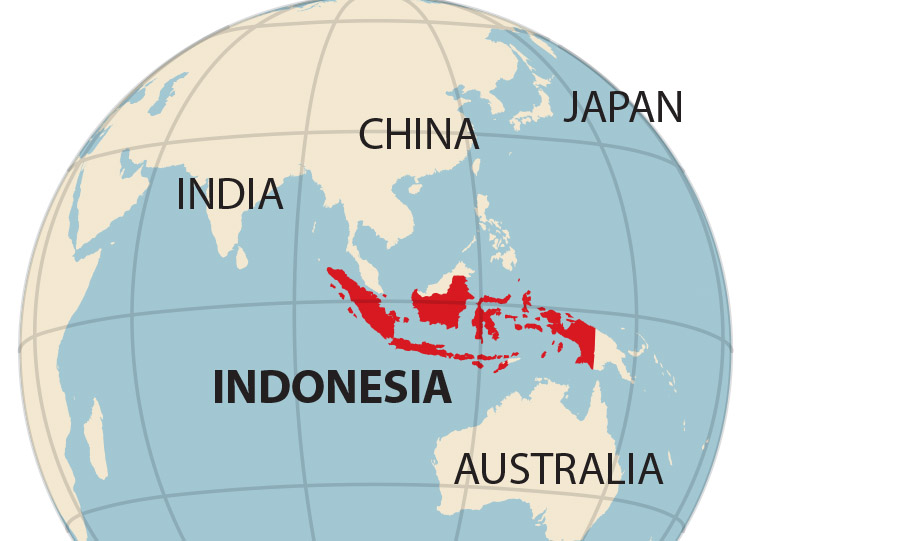IEEFA Indonesia: Playing with matches—Who should take responsibility for PLN’s financial mess?

For PT Perusahaan Listrik Negara (PLN), Indonesia’s state-owned power company, the next few months promise to be a period of high stress as it faces a punishing mix of fixed financial obligations for independent power projects (IPPs) now providing capacity on terms that the company cannot afford, writes Melissa Brown, Director, Energy Finance Studies, Asia, at the Institute for Energy Economics and Financial Analysis (IEEFA).
“The COVID-19 pandemic has been the catalyst, but PLN’s financial crisis has been years in the making due to poor system planning disciplines and aggressive fossil-fuel baseload capacity additions on fixed terms,” Brown writes in her report: Playing With Matches—Who Should Take Responsibility for PLN’s Financial Mess?
“THE TWO KEY QUESTIONS NOW ARE HOW PLN WILL NAVIGATE THIS FINANCIAL MAZE, and how this will affect the ecosystem of project sponsors, equipment suppliers, financial intermediaries, and funders that have flocked to these deals. All sides are guilty of having ignored the many strategic risks associated with coal power lock-in that the Government of Indonesia is belatedly struggling to address,” says Brown.
IEEFA estimates that PLN will report an operating loss before subsidy of IDR 28.7 trillion (USD 1.9 billion) and could require a subsidy of as much as IDR 92.7 trillion (USD 6.0 billion) in 2020 and 137.6 trillion (USD 8.9 billion) in 2021.
“In a depressed demand scenario, which now has to be the base case, PLN’s cash burn will be even worse, putting immense pressure on the government to find solutions,” notes Brown.
PLN has reportedly begun to engage independent power producers, hoping they will share the burden by easing PLN’s fixed power purchase payments which are expected to rise from an estimated IDR 120 trillion (USD 7.8 billion) in 2020 to IDR 164.5 trillion (10.7 billion) in 2021.
“THESE WILL NOT BE EASY NEGOTIATIONS. POWER PURCHASE AGREEMENTS ARE NOTORIOUSLY COMPLEX contracts and the IPP sponsors, export credit agencies, and PLN have agreed to complex formulas for establishing obligations and managing risk,” says Brown.
A major issue is whether the circumstances surrounding COVID-19 qualify as a so-called “force majeure” event which eliminates liability when the parties cannot meet their obligations due to a natural disaster or catastrophe.
“In this case, COVID-19 would have to be seen as having cut power demand so severely that normal operations and power offtake could not reasonably be expected,” writes Brown.
“Despite the uncertainty about what may take place in crowded conference rooms, it may be more worthwhile to consider which IPPs may be the focus of any discussion.”
The report finds that the IPPs that may be most at risk as PLN tries to limit its cash burn would be some of the biggest IPPs that have crowded into the Java-Bali grid over the past decade, as well as those rushing to complete construction in both Java and Sumatera.
“Now that the risks to PLN’s financial outlook have been openly acknowledged by PLN CEO Zulkifli Zaini, and the market is pricing in higher risk on outstanding bonds, lenders and bond investors are naturally struggling to understand the realities of PLN’s fundamentals. It may also be time for the credit rating agencies and bond investors to reassess the risks of excessive reliance on naively conventional analysis of a sector in the midst of profound change, not just in Indonesia, but globally,” says Brown.
Read the report: Playing With Matches—Who Should Take Responsibility for PLN’s Financial Mess?
Translation: 危険な火遊び—PLN の財務混乱の 責任を誰が取るべきか
Media Contact
Kate Finlayson, [email protected], +61 418 254 237.
Author Contact
Melissa Brown, Director, Energy Finance Studies, Asia, [email protected]
About IEEFA
The Institute for Energy Economics and Financial Analysis (IEEFA) explores issues related to energy markets, trends and policies. The Institute’s mission is to accelerate the transition to a diverse, sustainable and profitable energy economy.












